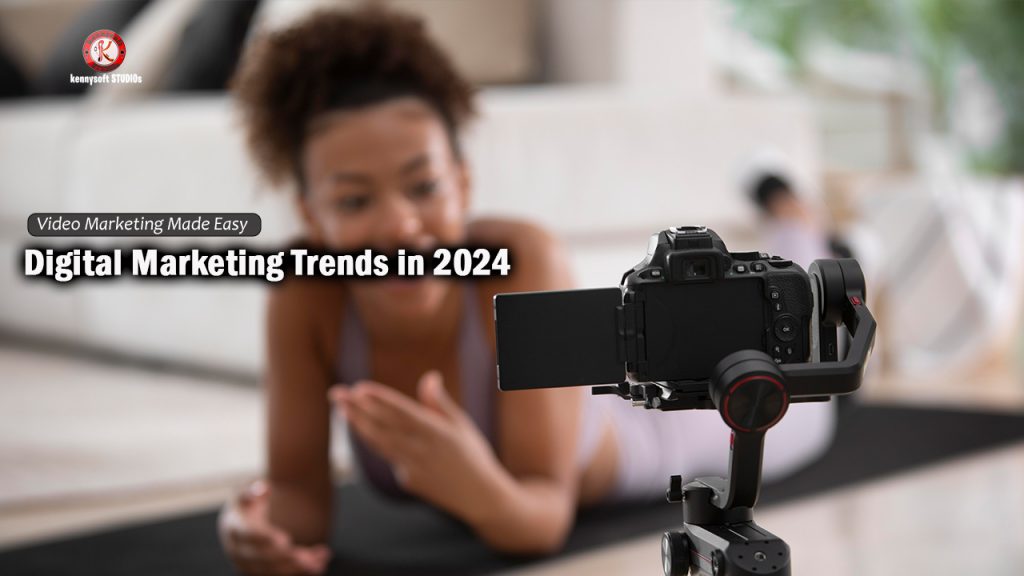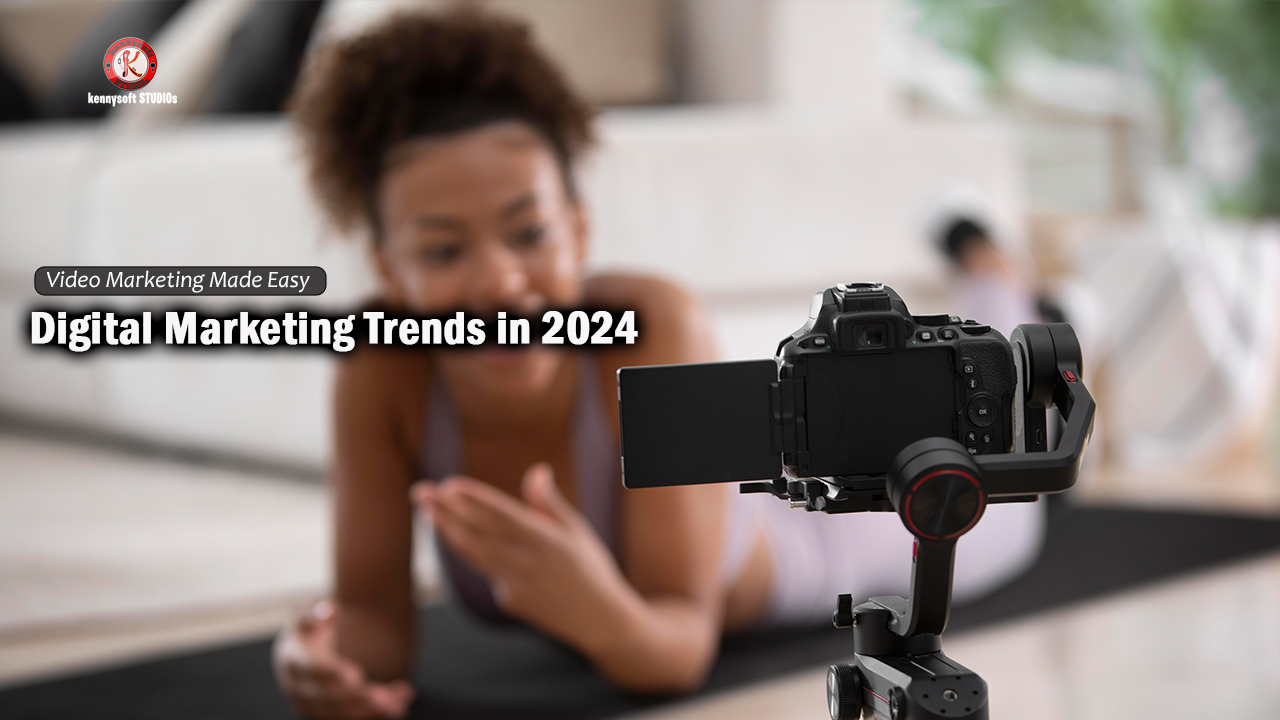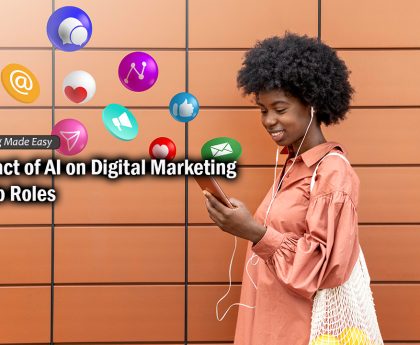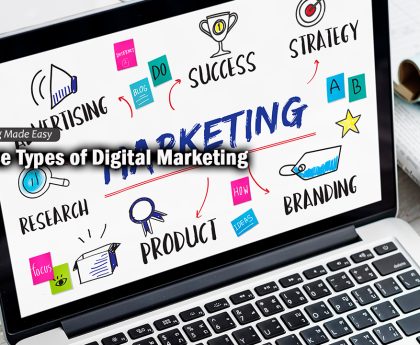
As we progress through 2024, the digital marketing landscape continues to evolve rapidly; staying ahead of trends is not merely advantageous but crucial for maintaining relevance and achieving success. As we continue to progress in 2024, several trends are poised to redefine the way businesses engage with their audience, optimize conversions, and drive growth. Let’s delve into some of the most compelling trends shaping the digital marketing landscape this year.
- Current Digital Marketing Trends in 2024
- 1. AI and Machine Learning Revolutionizing Personalization
- 2. Voice Search Optimization
- 3. Video Marketing Evolution
- 4. Emergence of the Metaverse
- 5. Blockchain in Digital Advertising
- 6. Influencer Marketing Evolution
- 7. Privacy-First Marketing Practices
- 8. Sustainability-Focused Marketing
- 9. Predictive Analytics
- 10. Social Commerce
- In Conclusion
Current Digital Marketing Trends in 2024
1. AI and Machine Learning Revolutionizing Personalization
AI and machine learning continue to be transformative forces in digital marketing, particularly in enhancing personalization. Marketers are leveraging AI to analyse vast amounts of data, predicting consumer behaviour, product recommendations, Chatbots for 24/7 customer service, content creation and curation and ads with unprecedented accuracy. AI is set to deepen its impact across the marketing funnel and deliver hyper-personalized experiences across channels.

2. Voice Search Optimization
With the growing popularity of smart speakers and voice assistants, optimizing content for voice search has become crucial. Marketers are adapting their SEO strategies to include more conversational, long-tail keywords and Developing voice-activated apps and skills. Moreover, conversational AI technologies are enabling more personalized customer interactions, from voice-enabled customer service bots to voice commerce solutions.
3. Video Marketing Evolution
Video content remains a cornerstone of digital marketing strategies in 2024. Short-form videos, live streams, Vertical video formats for mobile users and interactive video content are favoured formats for engaging audiences across platforms like TikTok, YouTube, and even LinkedIn. Marketers are leveraging video not only for brand storytelling but also for product demonstrations, tutorials, and 360-degree and VR video immersive experiences.
4. Emergence of the Metaverse
The concept of the metaverse, a virtual shared space that blurs the line between physical and digital realities, is gaining traction. As platforms like virtual reality (VR) and augmented reality (AR) become more accessible, marketers are exploring innovative ways to engage consumers within these immersive environments. Brands that can seamlessly integrate into the metaverse stand to forge deeper connections with tech-savvy audiences. AR is transforming how consumers interact with products online. Brands are incorporating AR into their marketing strategies, allowing customers to virtually “try” products before purchasing.
5. Blockchain in Digital Advertising
Blockchain technology is being explored to increase transparency in digital advertising and influencer marketing, addressing issues of ad fraud and user engagement, protecting user data and privacy and improving the efficiency of ad spending.
6. Influencer Marketing Evolution
This involves the Rise of micro and nano-influencers with highly engaged niche audiences. Long-term partnerships, Authenticity and relatability are key focus areas.
7. Privacy-First Marketing Practices
With uncompromising data privacy regulations like GDPR and CCPA in place, consumers are increasingly mindful of how their data is collected and used. In response, marketers are shifting towards privacy-first practices that prioritize data protection and transparency. Strategies such as zero-party data collection (where consumers willingly share data) and ethical data usage will become pivotal in building trust and maintaining compliance.

8. Sustainability-Focused Marketing
Environmental concerns are influencing consumer choices more than ever. Brands are highlighting their sustainability efforts and eco-friendly practices in their marketing campaigns to appeal to environmentally conscious consumers.
9. Predictive Analytics
Advanced predictive analytics are helping marketers forecast trends, customer behaviour, and campaign performance with greater accuracy.
10. Social Commerce
This aspect entails In-app purchasing on social media platforms, Livestream shopping events and User-generated content driving sales. This shift not only resonates with socially conscious consumers but also enhances brand reputation and loyalty.
In Conclusion
These trends highlight the increasing importance of technology, personalization, and ethical practices in digital marketing. Successful marketers in 2024 are those who can effectively blend these elements while maintaining a human touch in their campaigns.
Remember, by staying informed and agile, marketers can harness these trends to forge deeper connections with their audience and drive sustainable growth in the years to come.






